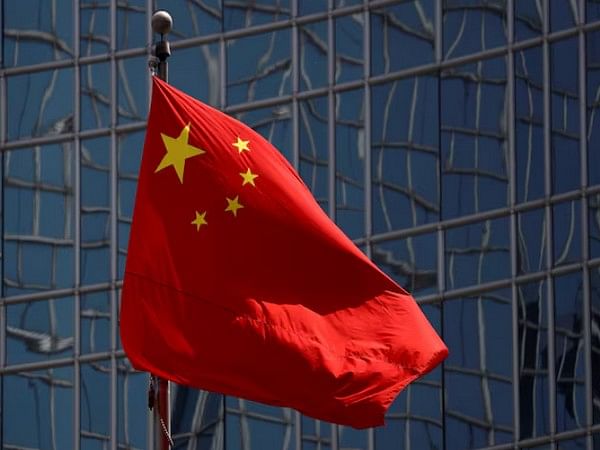Beijing [China], August 12 (ANI): As China’s economic growth decelerates, there has been an increase in labour disputes in the property and manufacturing sectors, raising concerns about the social safety net for blue-collar workers, as reported by the Japan-based English-language weekly news magazine Nikkei Asia.
Despite stringent government media controls, signs of public discontent and hardship are becoming more evident.
Recent protests include an ex-soldier in Beijing on August 1, who accused a Kunming office of mistreatment, and a demonstrator in Hunan on July 30 who called for freedom and elections, linking his protest to his past support for democracy.
The China Labour Bulletin (CLB) reports a 3 per cent increase in labour strikes during the first half of 2024, with a 12 per cent rise in incidents within the property and manufacturing sectors, which now account for 80 per cent of these strikes.
According to Nikkei Asia, this uptick reflects mounting social pressure amid economic difficulties, as China’s growth slowed to 4.7 per cent in Q2 2024 from 5.3 per cent in Q1. Economic woes have caused some industries to pivot towards exports while others are shifting production abroad.
Significant disputes include the bankruptcy of Akcome Technology and a major strike at a Jiangsu shoe factory concerning layoffs and compensation.
Construction workers are leading protests, predominantly demanding unpaid wages, a situation influenced by the financial struggles of property developers. Nikkei Asia highlights that migrant workers, who endure long hours and low wages with limited social security, are particularly impacted by the absence of formal contracts and welfare coverage.
The government has promised to address these issues, but proposed measures like raising the retirement age are viewed by many workers as inadequate.
Experts, as noted by Nikkei Asia, emphasize that migrant workers face a precarious labour environment with limited job security and poor working conditions. Although the government’s recent commitments to enhance social security are seen as necessary, they are considered insufficient by many.
The rising number of strikes underscores persistent issues in labour relations in China.
Economic slowdowns, changes in global trade dynamics, and domestic economic policies have put considerable strain on businesses and impacted workers. These pressures frequently lead to layoffs, wage cuts, and delayed payments, which can trigger protests. Workers are becoming more aware of their rights and are more willing to advocate for them. Issues like unpaid wages, hazardous working conditions, and inadequate benefits are driving an increase in strikes and demonstrations. (ANI)
This report is auto-generated from ANI news service. ThePrint holds no responsibility for its content.






